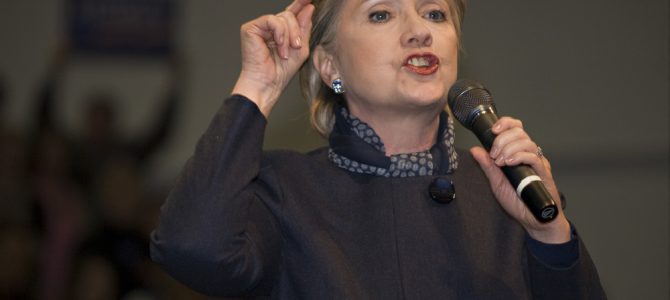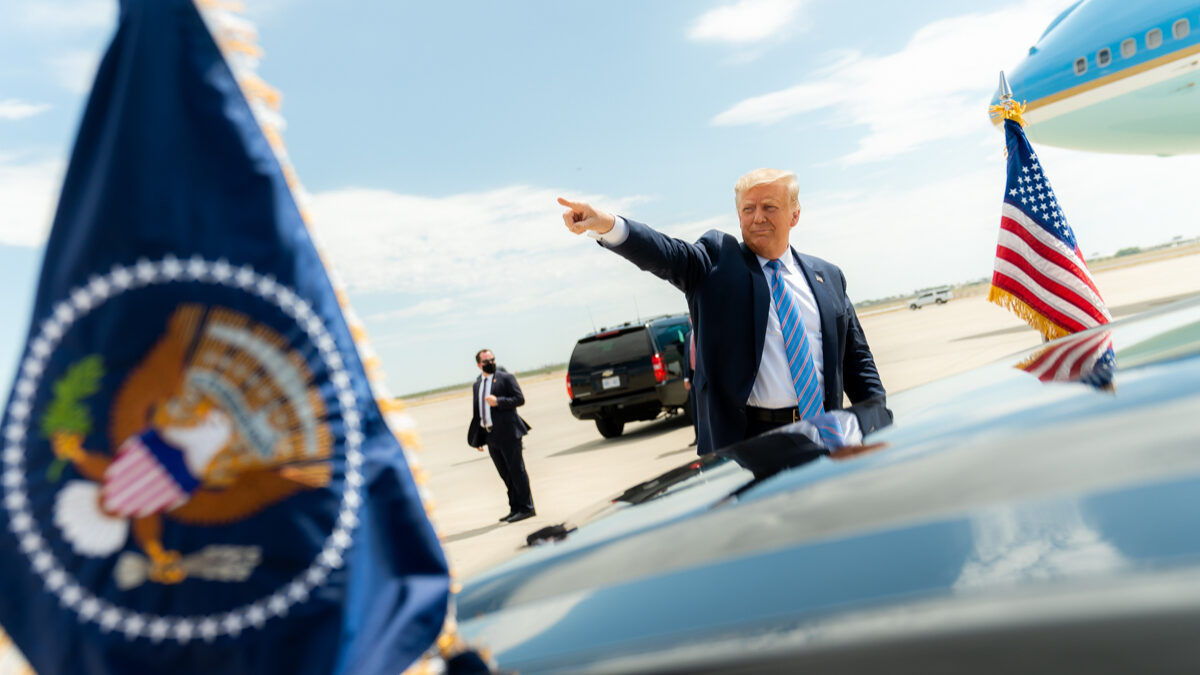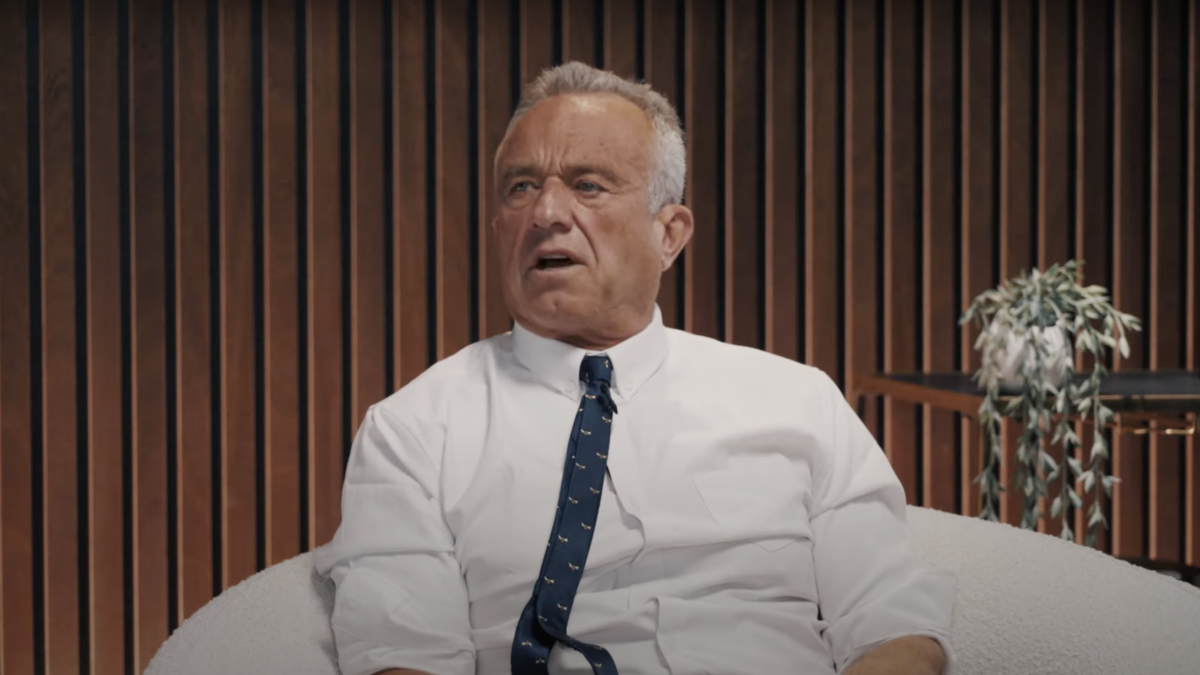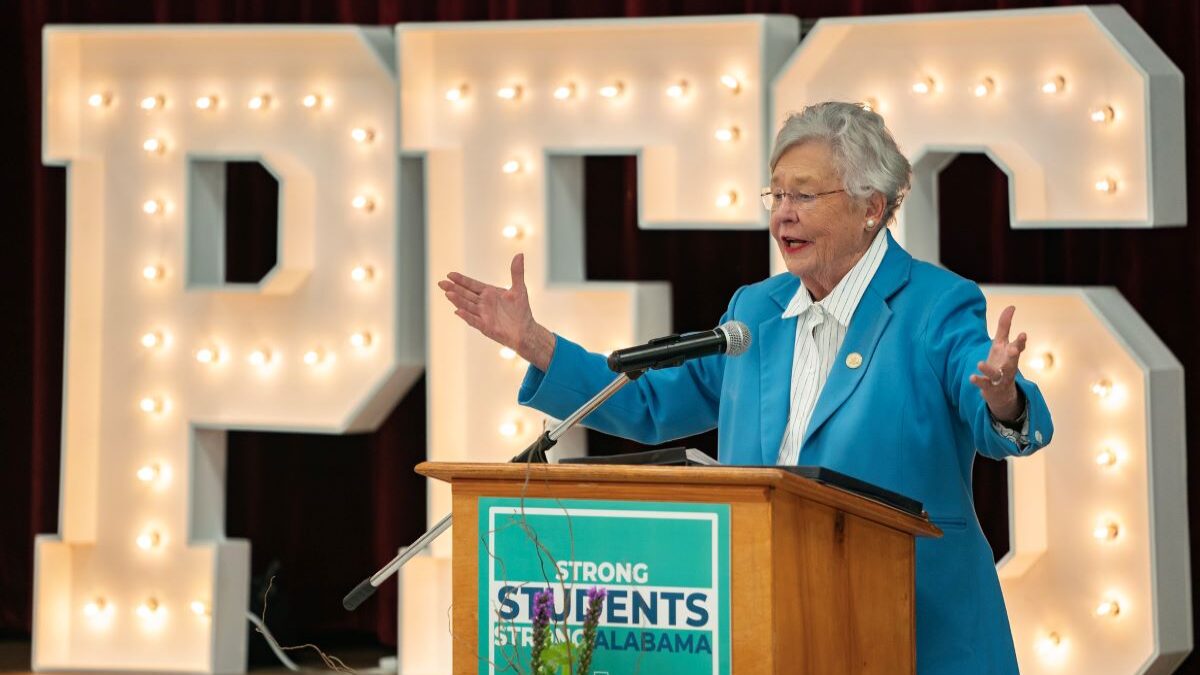
The new bestseller “Shattered: Inside Hillary Clinton’s Doomed Campaign” provides a close-up view of the strife and discord within Hillary Clinton’s failed 2016 presidential campaign. It is a fascinating look behind the operational curtain of one of the most secretive politicians in American history.
Yet for all the authors’ ability to get sources from the campaign to speak their minds, their attention to detail and attempts at even-handedness, Jonathan Allen and Amie Parnes nevertheless exhibit precisely the kind of media bias on behalf of Hillary that was a crucial factor in delivering us President Donald Trump.
Here are five “yuge” things that are wrong and biased toward Hillary in “Shattered.”
1. No Mention of Collusion Between Hillary’s Campaign and the Media
“Shattered” is at its best when it delves into the tick-tock of internal Democratic National Committee machinations, and nowhere is this more true than in the account of Debbie Wasserman Schultz’s ouster. However, Allen and Parnes repeatedly discount the Bernie Sanders campaign’s allegation that the DNC had its thumb on the scales for Hillary.
They frame it as a mere perception inside the Bernie camp, or at least punt on the question of whether this perception had any basis in reality: “WikiLeaks had released a trove of damaging internal DNC emails that suggested anti-Bernie bias on the part of Wasserman Schultz and her aides… Operating in the shadows, Washington insiders like Wasserman Schultz were working to frustrate the will of the people and they had been caught red-handed. At least that’s how the Bernie crowd saw things.”
The problem with this narrative is that, thanks to the DNC emails hack, a paper trail establishes precisely how the DNC under Wasserman Schultz worked to undermine the Sanders campaign. Following Wasserman Schultz’s humiliating resignation, interim DNC chair Donna Brazile shared debate questions with the Hillary campaign ahead of CNN’s Democratic primary debate. This ultimately forced Brazile’s own humiliating resignation. But Allen and Parnes do not delve into any specifics about the content of the internal DNC emails WikiLeaks released, and (far worse) do not mention anything about the sordid Brazile episode.
There are actually two issues here. First, of course, is the fact that contra Allen and Parnes’ frame, the DNC was obviously all-in for Hillary from the beginning, and did everything within its power—including giving Hillary debate questions ahead of time—to ensure Hillary’s coronation.
The second issue is even more damning. In many ways, the real story of Brazile’s leak wasn’t the simple fact that she did so; like Nixon and Watergate, Hillary was likely to win whether or not she had that information. Rather, this episode is disturbing for what it reveals about the collusion between the media, the DNC, and the Hillary campaign. How, exactly, did Brazile get the questions from CNN (for whom she was a correspondent at the time)? Allen and Parnes never explore this, because they never mention Brazile’s ouster.
2. The Machado Story Was a Media-Orchestrated Hit
As Mollie Hemingway and Ben Domenech discussed on the Federalist Radio Hour, the Alicia Machado episode is extremely revealing of the collusion between the media and the Hillary campaign. Within hours of Hillary mentioning Machado’s name at the first presidential debate, multiple networks ran pre-recorded segments and pre-reported articles on the topic. Yet, apart from a few dogged media critics, nobody paused to reflect upon what an amazing coincidence this was, that as soon as Hillary mentioned an obscure Miss Universe from 20 years ago, the entire American media apparatus was ready to pounce with glossy spreads on her. As they say on Twitter, it “really makes you think.”
Allen and Parnes, of course, mention nothing about this overt collusion. They treat the Machado episode as a Hillary masterstroke, and simply ignore the clear and overwhelming evidence that her campaign orchestrated this attack with the national media in advance. Needless to say, they also gloss over the fact that, as crude as Trump’s comments about women have often been, by any objective standard his 1997 comments about Machado are a big nothingburger.
In fact, if anything, he helped Machado out after she gained 60 pounds in less than a year and threatened her own Miss Universe title. Watch the 1997 video for yourself and see how “terrible” his comments were.
3. Trump’s Microphone Actually Did Malfunction
In their account of the first presidential candidates’ debate, Allen and Parnes attempt to demonstrate Trump’s frustration at his supposed failure in the debate with an anecdote: “The debate had gone so badly for Trump that, as Reines had so presciently predicted in a prep session, he resorted to complaining about his microphone in the postgame spin room.”
This aside makes Trump appear petty and vindictive, and echoes a number of stories that came out immediately after the first debate that made fun of Trump for complaining about his microphone.
The problem with this little anecdote, particularly as relayed in “Shattered,” is that Trump’s microphone actually did malfunction. Yet Allen and Parnes do not acknowledge this fact anywhere. Like the rest of the media, which took Trump to task for blaming his microphone instead of himself, they completely gloss over the fact that he was correct about his microphone being leveled incorrectly, such that he sounded “off” in the live venue, in a way that was imperceptible on television.
Trump’s complaints about his microphone garnered much attention. The Debate Commission’s acknowledgement that he was correct disappeared down the memory hole. Just like the rest of the media, Allen and Parnes distorted reality by ignoring a crucial truth that contravened their preferred narrative.
4. Hillary’s Illegal Server Was Likely Hacked by Foreign Powers
For the most part, Allen and Parnes stick to the facts about Hillary’s illegal private email server. While they never directly acknowledge that it was illegal, they do state that “The FBI director affirmed she’d done something wrong—just nothing he could pin on her.” In other words, the standard in this case was apparently going to be that the Department of Justice had never prosecuted anyone for this kind of thing before rather than the letter of the law, because everyone (at least, everyone who is honest) acknowledges that Hillary broke the letter of the law.
However, the illegal nature of Hillary’s private server was only part of the problem. In many respects, the bigger issue is that it completely, almost comically lacked even the most basic of electronic security measures. Her emails were being transmitted across the open Internet, completely unsecured, as plain text.
This was such a massive breach of basic electronic security protocol that these emails could not show up in official, encrypted State Department servers, which led the Clinton-run State Department to disable its electronic security measures. (This gross negligence, incidentally, is exactly why Hillary Clinton ought to have been prosecuted).
Thus, Allen and Parnes’ assertion that “there was no reason to think Hillary’s private server—the subject of so much controversy in the campaign because of the perception that she hadn’t protected top government secrets—had ever been compromised” is sheer fantasy, evidence of nothing but their own extreme bias and unwillingness to face the facts.
Hillary’s illegal private server was not the subject of controversy because of the “perception” that Hillary had not protected key government secrets. In addition to the fact that the private server itself was, ipso facto, illegal, Hillary deliberately sent classified information that she knew was classified at the time she sent it, and she did so using utterly insecure communications channels. There is every reason to believe all her communications were intercepted by Russia, China, and whoever else was listening. In fact it is as certain as anything in the world of electronic espionage.
5. Comey Would Have Perjured Himself Without Disclosing the Weiner Trove
Although hysteria over purported Russian “hacking” of the “election” has recently overtaken left-leaning media, many Democrats and leftists still bear a grudge against former FBI Director James Comey for his eleventh-hour announcement that the investigation into Hillary’s emails was being reopened.
After the election, for example, Nate Silver argued that Comey swung the election for Trump, and even claimed that “Shattered” makes this “painfully obvious.” While Allen and Parnes stop short of saying that Hillary’s loss was Comey’s fault—and, in fairness, their narrative insists the warning signs were all there from the beginning—it is nevertheless clear that they believe his letter to Congress was the proverbial straw that broke the camel’s back.
Whether or not this is true, Allen and Parnes’ account once again frames objective reality as a matter of subjective perception, in this case Comey’s: “Comey had sent a letter to Congress with that cryptic message, which he would later say was designed to fulfill his pledge to update lawmakers on any new developments regarding Hillary’s e-mail.”
The problem with this presentation is that Comey made a solemn oath to Congress, not merely a generic “pledge.” If Comey had not re-opened the investigation after the trove of emails on Anthony Weiner’s laptop came to light, he would have been criminally liable for perjury and contempt of Congress.
Reasonable people may disagree as to how appropriate it was for Comey, in his July press conference, to publicly comment on the FBI’s internal deliberations concerning whether to recommend prosecution for what everyone acknowledged was Hillary’s massive and repeated violation of the law. But once he signed that sworn testimony to Congress, his hands were tied.
So it is important to once again reiterate the point which, to their credit, Allen and Parnes make over and over again: fundamentally, the problem with the Hillary campaign was Hillary herself. If she had not been more concerned with her own political fortunes than the national security of the United States, if she had not, in her unbounded arrogance, placed herself above the law, there would have been no FBI investigation or eleventh-hour re-opening of that investigation, and she might very well be president.









